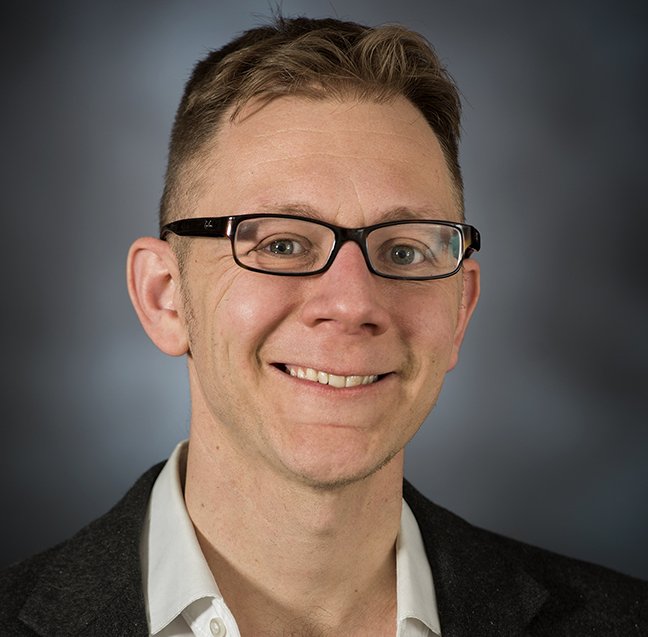Professor Pomerantz to co-chair ICBS Global Council

The International Chemical Biology Society (ICBS) has announced that William C. K. Pomerantz, McKnight Presidential Fellow and associate professor in the Department of Chemistry, has been selected as the co-chair of the ICBS Global Council by the ICBS Board of Directors. He will co-lead the ICBS Global Council awith Seung Bum Park, professor and chair of Department of Biophysics and Chemical Biology, Seoul, National University.
Pomerantz has been a member of ICBS for the last five years. He was the ICBS Young Chemical Biologist awardee of 2016, and has made significant contributions to the growth of ICBS.
“The opportunity to contribute to the mission of the ICBS and to help shine light on the exciting chemical biology research emerging across the globe is a true privilege. I look forward to helping raise the visibility of our society,” said Pomerantz
"As the co-chair, Dr. Pomerantz will represent the ICBS Global Council in the ICBS Executive Council. His leadership will be critical for the successful implementation of this important operational structure of the society,” said Dr. Jonathan Baell, president of ICBS. “I am looking forward to working with Dr. Pomerantz to promote chemical biology with similarly driven leaders across the globe.His perspective is one that is holistic yet with great capacity for incisive detail. I have been particularly impressed with the support he has given to ICBS through active participation and contributions in ICBS events throughout the years.”
Pomerantz received his Bachelor of Science degree in chemistry from Ithaca College in 2002, followed by a Fulbright Fellowship at ETH, Zurich with Professor François Diederich and Jack Dunitz. He obtained a doctorate in chemistry under professors Sam Gellman and Nick Abbott at the University of Wisconsin-Madison ,and was a postdoctoral fellow under Professor Anna Mapp at the University of Michigan. He joined the chemistry faculty at the University of Minnesota in 2012, and was granted tenure in 2018. He is currently a McKnight Presidential Fellow.
Professor Pomerantz' research focuses on the development of chemical biology and medicinal chemistry approaches for modulating protein-protein interactions. Protein-Observed Fluorine NMR (PrOF NMR) is one such tool in his lab that is being developed as a new method for fragment-based ligand discovery (FBLD), and has been applied towards inhibiting a diverse group of epigenetic protein complexes. This impact of this research has been recognized through multiple awards including a National Science Foundation CAREER award, a Sidney Kimmel Cancer Research fellowship, and the International Chemical Biology Society Young Chemical Biologist Award. His ICBS award was for the contribution in understanding of molecular mechanisms of epigenetic regulation and the discovery of several novel inhibitors of bromodomain-containing proteins.
In addition to ICBS, Professor Pomerantz also serves on the early career board for American Chemical Society Medicinal Chemistry Letters, the fundraising committee for the American Peptide Society, and is a councilor for Minnesota’s local American Chemical Society section.
About ICBS Global Council
The ICBS Global Council is an ICBS organizational structure that is populated by chemical biology leaders from different regions and countries. It provides a critical function in the global chemical biology network for ICBS by driving new chemical biology initiatives and providing a direct channel to the ICBS leadership from regional chemical biology community to promote partnership and collaborations among ICBS members, and a platform for the implementation of global initiatives. The current ICBS Global Council has 20 members from 12 countries.
About ICBS
The International Chemical Biology Society, launched in 2011, is an independent, not for profit organization dedicated to promoting research and educational opportunities at the interface of chemistry and biology. ICBS provides an important international forum that brings together cross-disciplinary scientists from academia, nonprofit organizations, government, and industry to communicate new research and help translate the power of chemical biology to advance human health and enhance a stable ecosystem for environmental sustainability.